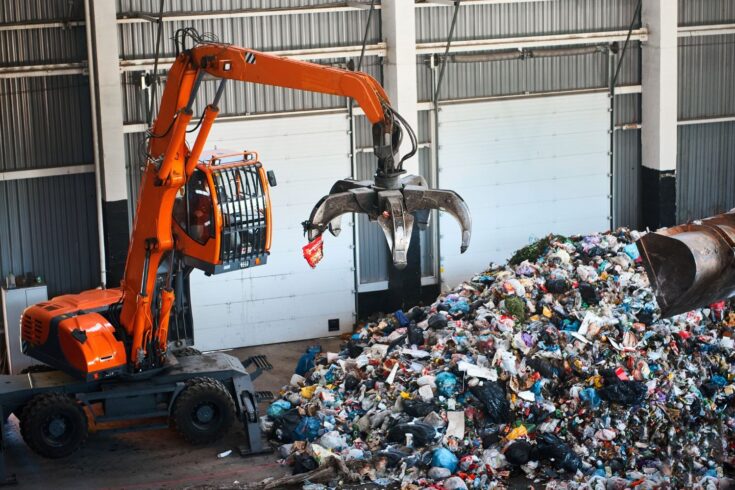The Transforming Foundation Industries (TFI) challenge recently commissioned Oakdene Hollins to conduct a scoping study to explore how demand-led innovation can reshape the packaging landscape for a more sustainable future.
A blueprint for change
Demand-led innovation, or DLI, focuses on identifying and addressing specific customer needs and preferences to drive innovation. DLI is a term that encapsulates the evolution of solutions based on market needs, environmental considerations, and technological possibilities.
In contrast, traditional innovation often relies on internal ideas and technology advancements, without always considering the market for new products and services. This report explores the impact that DLIs could serve in reshaping the packaging industry’s course towards 2050.
Collaborative insights
Lowering the packaging industry’s carbon footprint can’t be done in isolation – collaboration across the packaging industry’s value chain is required to understand where the areas of greatest impact lie.
The report’s foundation rests on engaging dialogues with influential stakeholders, including trade associations, renowned brand owners, and leading UK retailers like Co-op, Waitrose, and Nestlé. Through a series of workshops and interviews, the report delves deep into the challenges faced by these stakeholders and seeks out innovative solutions that can tackle these obstacles head-on.
Challenges in sustainability
Industry stakeholders identified the following three crucial demands from the sector.
Low-impact resources and production
The packaging industry has taken noteworthy strides towards sustainability by exploring alternative materials, recycled content, and biobased options. However, a lack of reliable data hampers large-scale adoption of these choices. Inconsistent information and varying life cycle assessment approaches lead to uncertainty, obstructing the path to a sustainable packaging future.
Establishing industry-wide standards for material profiles is paramount, with innovative support mechanisms like verified data databases and artificial intelligence (AI) predictions for novel materials leading the way.
Embracing reusable and refillable packaging
Shifting from single-use packaging to reusable and refillable options is a promising step towards reduced environmental impact. This comes with its own challenges such as high maintenance, behavioural shifts, and logistical complexities, which also need to be overcome.
Competitors uniting for trials can set the stage for the widespread adoption of sustainable reuse and refill schemes.
Flexible films in recycling
Legislative efforts and labelling have increased UK packaging recycling rates, yet hurdles remain in expanding kerbside collection to include flexible film packaging.
Sorting infrastructure challenges and consumer behaviour adjustments are pivotal.
The way forward: transforming challenges into innovations
The report spotlights innovation opportunities that align with packaging sustainability goals:
- holistic data utilisation: using verified data databases and AI predictions streamlines sustainable material choices, fostering informed decision-making across the industry
- low-impact production: embracing advancements like hydrogen-powered or electric arc furnaces demonstrates a dedication to minimising carbon impact
- collaborative research: collaborative research, including competitor trials to establish labelling, return infrastructure, and suitable products for reuse. A key emphasis is also placed on researching consumer incentives and integrating return systems with existing recycling setups
- expanding kerbside recycling schemes to include flexible films: developing advanced sorting technologies specifically designed to handle flexible films is essential as well as reducing material complexity and variance of flexible film designs
- empowering consumer change: consumer intervention schemes, such as carbon credits, incentivise eco-conscious purchasing habits, reinforcing the role of individuals in the sustainability equation
The TFI challenge is committed to assembling an ecosystem of value chain stakeholders, including customers, designers, innovators, and developers. This is a critical step towards driving meaningful change for the foundation industries and their users.
Read the full report: demand-led innovation scoping study: future innovations in the packaging industry by Oakdene Hollins
Keep up to date with our other work in this area:
- market driven decarbonisation: the role of demand-led innovation in supporting emission reductions in foundation industries by the Cambridge Institute for Sustainability Leadership
- demand led innovation scoping study: construction products by constructing excellence on behalf of BRE
- why demand matters
The TFI challenge is delivered by Innovate UK.
Further information
Follow Innovate UK on X ‘Twitter’
Connect with Innovate UK on LinkedIn.
Follow Innovate UK on Facebook.




